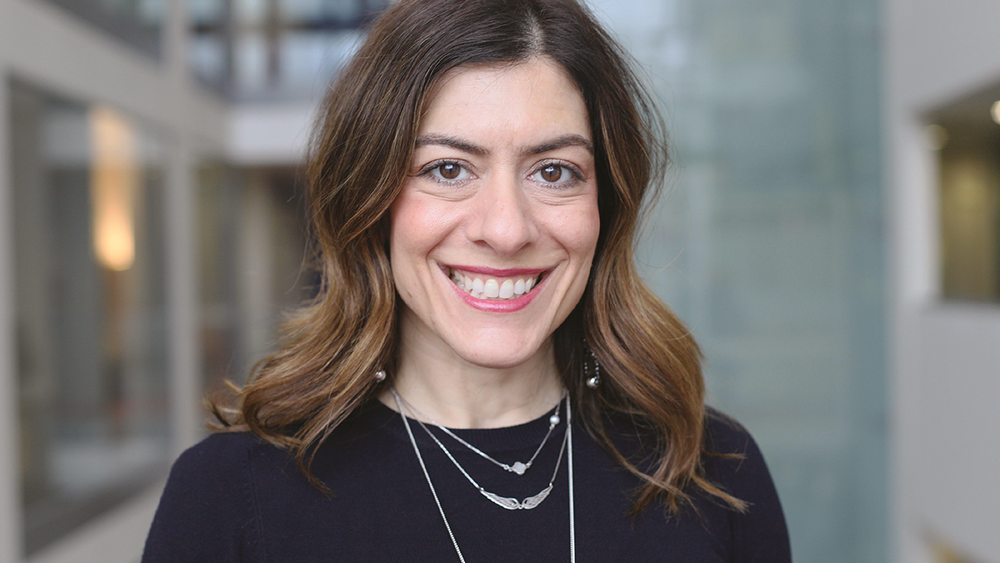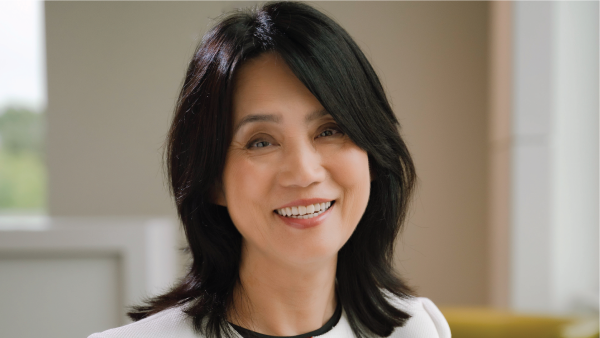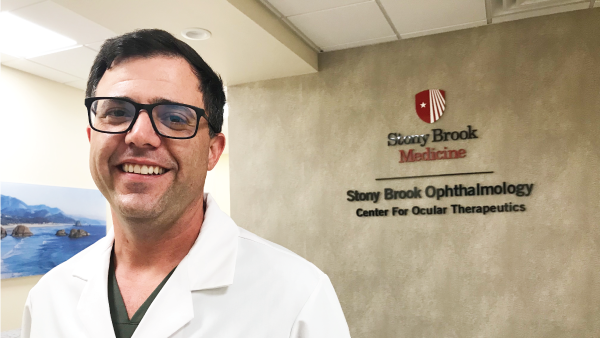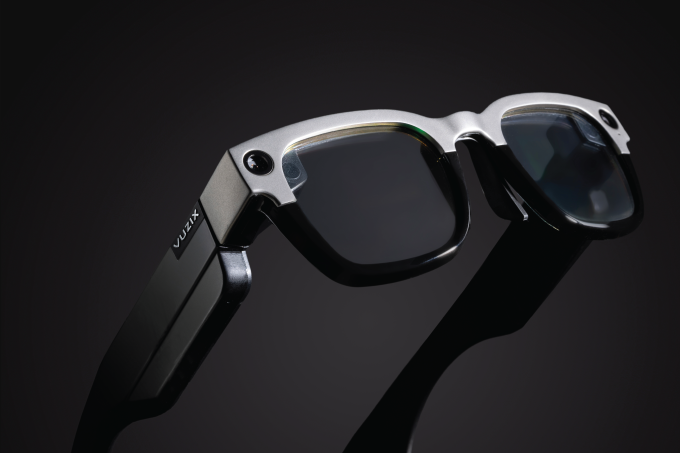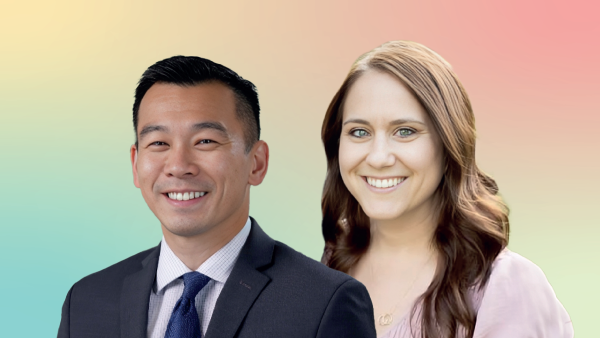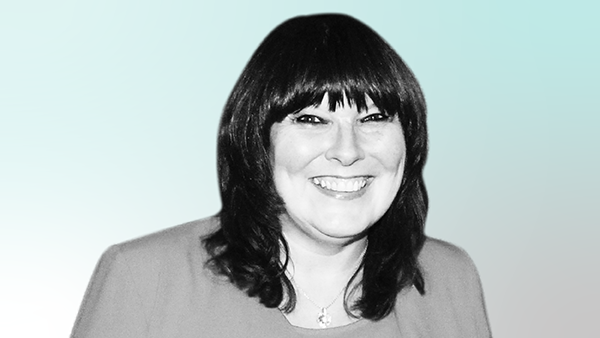You are viewing 1 of your 3 articles before login/registration is required
Shaping New Optometrists
Educator Irene Ctori shares her path from practice to academia – and discusses obligations of modern optometry programs
Irene Ctori is Associate Professor, Optometry and Visual Sciences at City, University of London. Her 20+ years’ experience of clinical optometric practice includes serving as optometric lead for the age-related macular degeneration service at Whipps Cross University Eye Hospital, as an optometrist at St. Mary’s Hospital Medical Center, and as a resident optometrist at Vision Express.
At City, Ctori led the Optometry and Visual Science department’s transition to online teaching and delivery of remote eye care during the COVID-19 pandemic. Prior to this, she was the Program Director for the Foundation Degree in Ophthalmic Dispensing and led the development of a new Introduction to Optometry program. She also serves as Associate Dean, Education Quality and Student Experience, at City’s School of Health Sciences.
Here, Ctori talks about the challenges and opportunities associated with shifting from clinical practice to academia and describes how the optometry program at City is addressing key issues in the field.
What – or who – inspired you to go into optometry?
I wanted to do something that would have an impact on people’s everyday lives. I was interested in medicine, but was also good at maths, physics, and problem-solving; I wanted to bring those skills together. If I’m honest though, it was a chance encounter at a school careers fair, where I spoke to a very enthusiastic optometrist, who prompted me to pursue this path – and I have never looked back!
What fueled your shift from practice to academia?
I spent the first 20 years of my career in clinical practice as a community optometrist, including several years in specialist hospital clinics. Then I decided I wanted to give something back to the profession. In 2008, I started my MSc Clinical Practice at City and I became really interested in the training and supervision of undergraduate students. I started working as a part-time Visiting Clinical Tutor at City, supervising third year optometry students in the eye clinic, holding tutorial sessions, and so on. Being part of this academic world, I realized the impact that one could have on the future of the profession. I decided to do a PhD and was fortunate enough to secure my first academic post at the end of this period.
Because my shift from practice to academia was quite organic, it seemed to happen quite smoothly. And I feel that 20 years in practice very much helped to accelerate my academic career! The main challenge on a personal level has been to accept that I couldn’t spend as much time as I had done in clinical practice. I do miss that aspect, but what I do now is equally rewarding, so I have no regrets.
How does the training at City address key issues in the sector?
Access to eye care is a key issue not only in the UK, but globally too. Students need to be aware that these challenges exist and must be addressed. As well as discussing the barriers and enablers to eye care in the UK, students have had opportunities to visit other countries to learn about their approaches. For example, we’ve had students going to (and visiting from) LV Prasad Eye Institute in India, Hadassah Academic College in Israel, and the Karolinska Institute in Sweden.
Beyond this, given the essential role that optometrists play in the delivery of eye care, we need to ensure that optometrists have the expected level of knowledge, skills, and behaviors, as well as the confidence and capability to keep pace with changes across the UK. Our curriculum is continuously evolving to ensure graduates are equipped with the relevant skills.
What are you most proud of in your career – and what are your ambitions for the future?
I am proud of all my achievements, especially being able to navigate a portfolio career, which has been, and remains, incredibly fulfilling. I appreciate that I’ve been able to bring all my clinical experience into my academic role. But if I had to choose one thing above all, it would be completing my PhD – a pivotal moment and the conduit into my current academic role. I’m also proud that I undertook the PhD while having a young family, which was no mean feat!
As for the future, I’d like to see the field embrace the great opportunities presented by a more multidisciplinary approach to optometry – both in teaching and more widely in the profession.
The New Optometrist Newsletter
Permission Statement
By opting-in, you agree to receive email communications from The New Optometrist. You will stay up-to-date with optometry content, news, events and sponsors information.
You can view our privacy policy here
Most Popular
Sign up to The New Optometrist Updates
Permission Statement
By opting-in, you agree to receive email communications from The New Optometrist. You will stay up-to-date with optometry content, news, events and sponsors information.
You can view our privacy policy here
Sign up to The New Optometrist Updates
Permission Statement
By opting-in, you agree to receive email communications from The New Optometrist. You will stay up-to-date with optometry content, news, events and sponsors information.
You can view our privacy policy here
